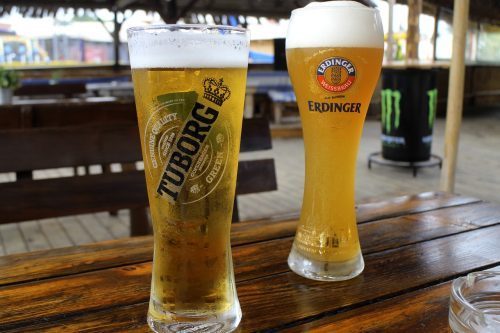Tax freezes designed to leave no-one out in the cold

Income tax thresholds will be frozen for five years, ending a trend that has seen the income tax personal allowance nearly doubled over the last decade.
Chancellor Rishi Sunak acknowledged the change “does remove the incremental benefit created had thresholds continued to increase with inflation”.
The threshold will increase to £12,570, as previously announced, where it will stay until April 2026. The higher rate threshold will also be frozen for the same period after its upcoming rise to £50,270.
“Nobody’s take home pay will be less than it is now as a result of this policy”, added Sunak.
He also committed to maintaining at their current levels, until April 2026, the inheritance tax thresholds, the pensions lifetime allowance, and the annual exempt amount in capital gains tax.
Beyond the big headline items within the Budget to ease the pain of pandemic-inflicted wounds were some significant announcements to try and keep the cost of living low.
The Chancellor has confirmed that a planned increase on alcohol duties will be cancelled.
It means alcohol duty is being frozen for the second year in a row, which The Treasury says will save consumers £1.7bn over the coming years.
Fuel duty is also being frozen – the 11th consecutive year that this has happened, cumulatively saving the average car driver £1,600 compared to the pre-2010 escalator.
Future fuel duty rates will be considered in the context of the UK’s commitment to reach net-zero emissions by 2050.
The Government will uprate Vehicle Excise Duty rates for cars, vans and motorcycles in line with RPI from 1 April 2021.
As previously announced, and legislated for in February, in 2021-22 National Insurance Contributions (NICs) thresholds will rise with CPI, bringing the NICs Primary Threshold/Lower Profits Limit to £9,568 and the Upper Earnings Limit/Upper Profits Limit to £50,270, in line with the income tax higher rate threshold.
Air Passenger Duty (APD) rates will increase in line with RPI from April 2022, meaning the reduced and standard short-haul rates will remain frozen at the same level since 2012, benefitting over 75% of passengers.
Long-haul rates will increase in line with RPI. The rates for long-haul economy flights from Great Britain will increase by £2, and the rates for those travelling in premium economy, business and first class will increase by £5.











